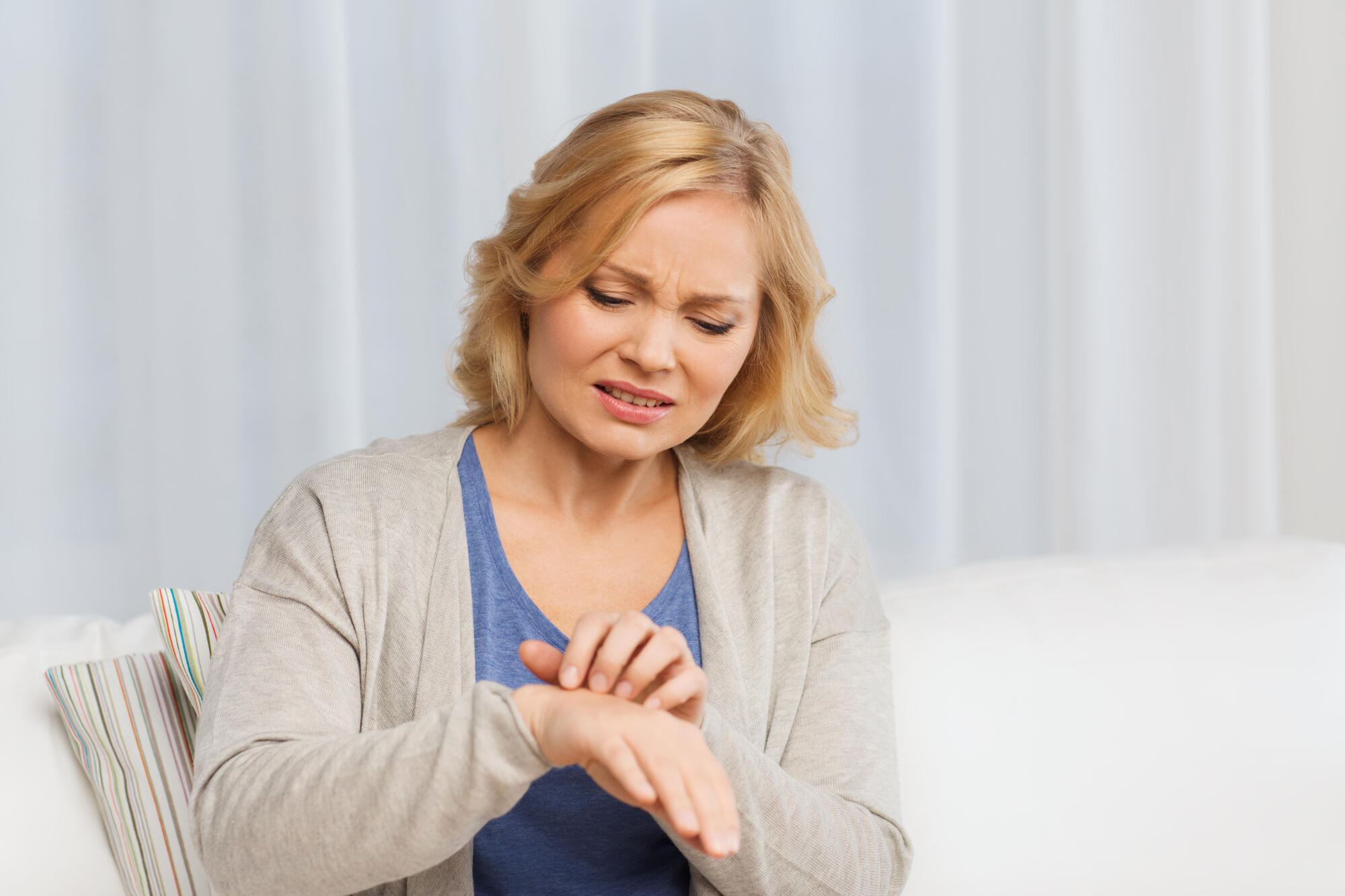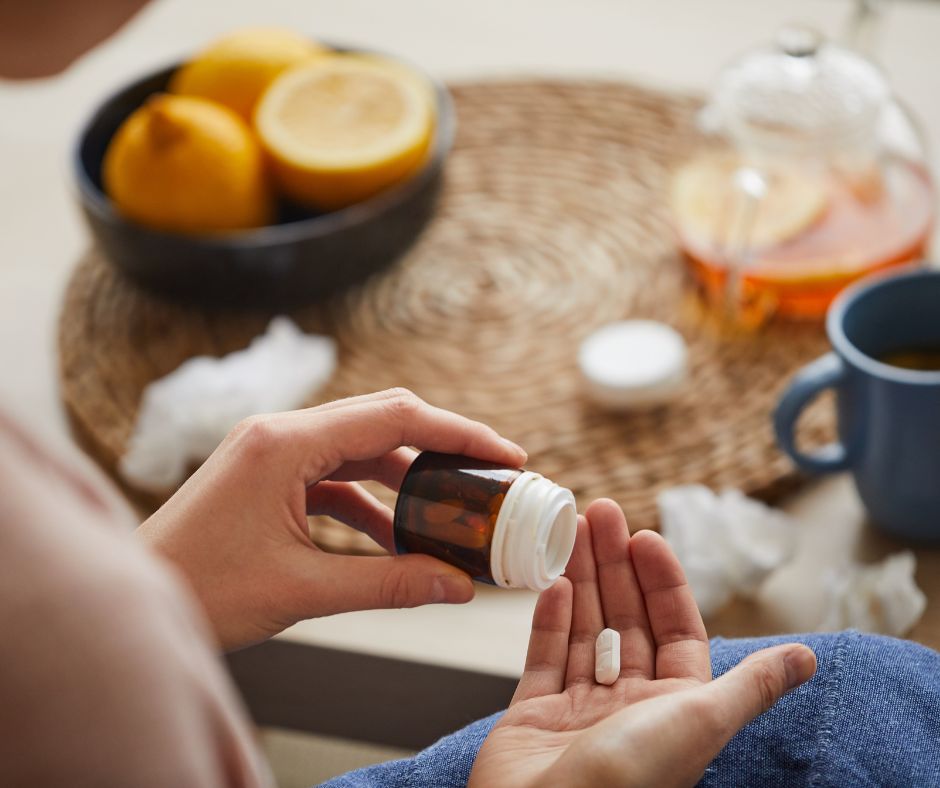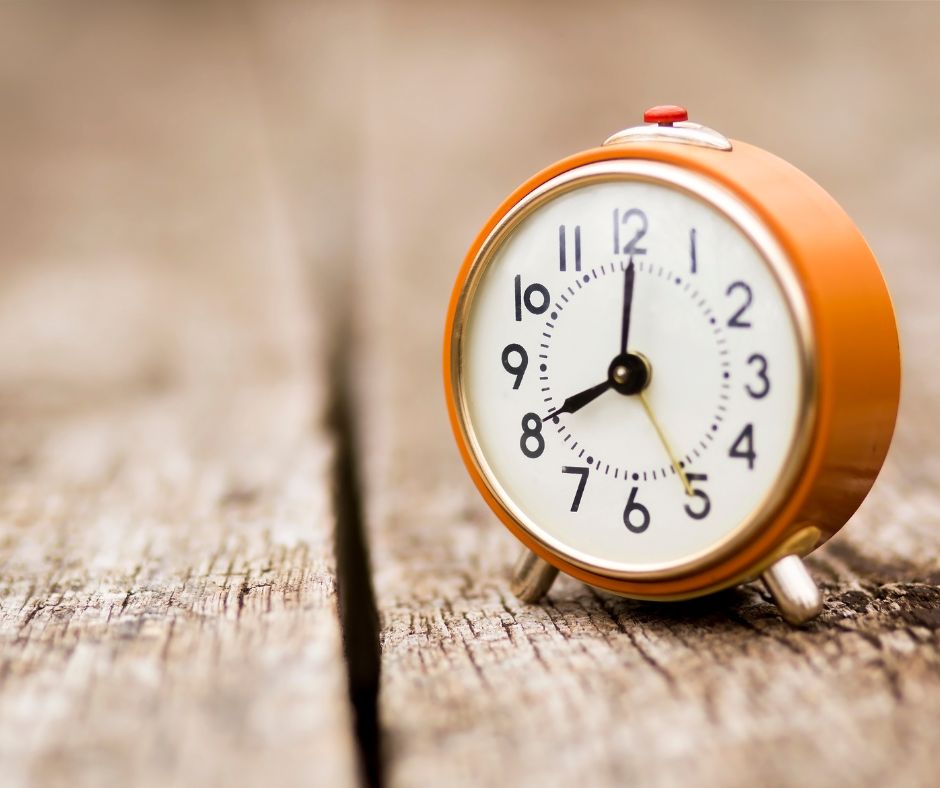Since almost 65% of women struggle with menopause-related itchiness, there are several tried-and-true ways to cope with dry skin. If you’re contending with a bad case of menopause itching, regulating estrogen levels with a personally tailored hormone replacement plan can help.
Here, we’re going to talk about everything from dry skin to vaginal itching to remedies for low collagen levels. Read on to learn how you can lessen the more annoying effects of menopause and enter into a new chapter of your life comfortably.
What Causes Menopause Itching?
Estrogen is the hormone that regulates many bodily functions in women. It keeps your reproductive system healthy and causes healthy, regular menstruation. It increases your sex drive, helps you sleep, lets you remain at a comfortable temperature, and regulates your mood.
When you go through menopause, your body stops producing the high estrogen content that it used to. This is why women stop menstruating during this life stage and stop being able to have children. Less estrogen also means a lower sex drive, bad sleep, hot flashes, and mood swings.
You also might get itchy, dry skin. This is one of the worst effects of menopause, and it’s overlooked frequently.
One of estrogen’s primary functions is to keep your skin in top shape. It makes your body produce both collagen and natural oils. Basically, estrogen is responsible for helping your skin stay moist and elastic.
When estrogen levels drop, your skin is naturally going to dry out. It gets sensitive and irritated. This will make you feel itchy and uncomfortable even on your best days.
Whole-Body Itching
“Pruritus” is another word for itchy skin during menopause. It can impact several areas of your body and cause all-around discomfort. Some common places you’ll get the urge to scratch include:
- Face
- Neck
- Chest
- Arms
- Legs
- Stomach
Nocturnal pruritus can make it hard to sleep and do everyday activities. Since low estrogen already makes sleep difficult, itchy skin is correlated to mood swings due to a total lack of rest.
So, where do you start tackling the problem?
It’s going to be pretty obvious what areas of your body itch the most. However, if you’re not sure what the worst problem areas are, take a look at your skin. Pruritis usually comes with redness and flaking skin in addition to sensitivity.
Put some lotion onto these areas for temporary relief. But don’t stop there – get help from hormone replacement experts to look into a long-term solution.
Vaginal Itching
Because your lady bits are one of the most estrogen-impacted areas of your body, you’ll likely notice more itching down there than in other places.
This is especially true because low estrogen thins out vaginal tissues. They’re more sensitive due to this thinness, so the itchy skin feels even more irritating. It can potentially be painful for some women!
Vaginal itching also can make sexual intimacy challenging, which is an unnecessary blow to your already-volatile mood. You won’t get the oxytocin and serotonin that a physical connection with your partner provides.
Luckily, vaginal itchiness has a lot of easy remedies. Along with hormone replacement therapies and lifestyle changes, studies suggest that hyaluronic acid can remedy uncomfortable tissues down there.
In addition to helping with dry skin, estrogen can increase your sex drive and embrace physical intimacy once again. Hormone replacement therapy can restore and even upgrade your drive for romance and passion. You’ll have more balanced post-menopause hormones and can therefore focus on and invest in your sexual wellness.
The Impacts of Dry Skin
In the short term, dry skin is an itchy and uncomfortable problem that can keep you up at night. It can hurt your sex drive and put you in a bad mood.
But there are also several long-term effects of untreated pruritus that you should know about.
Unfortunately, declining estrogen levels and subsequent dry skin can also lead to:
- Non-uniform skin pigmentation
- Wrinkles and sagging due to decreased elasticity
- Age-related marks like dark spots
- Lower blood circulation and skin inflammation
All of these issues are permanent once they arise. If you develop wrinkles, they won’t easily go away even after you begin HRT. That’s why it’s important to seek help at the first hint of dry skin.
Lower levels of blood circulation also mean that flaking skin and dry patches struggle to heal themselves. Estrogen plays a huge role in wound healing. Low estrogen and progesterone cause skin irritation, which struggles to heal because of low hormone levels.
This is obviously a circular issue that needs resolution. Luckily, the modern methods Evolve uses make it easier than ever before to reduce the long-term impacts of pruritus.
Will Your Skin Ever Shine Again?
Resolving dry skin and making it glow are two very different things. Many women worry that they’ll never have youthful, glowing skin again after menopause.
Luckily, this isn’t the case at all!
Peptide skincare solutions like GHK-Cu can get rid of signs of aging. They also nip acne problems in the bud so you can have clear and shining skin.
Various serums and treatments are available or personally tailored skincare routines. If you’re meticulous about following your plan, you may see improvement in as little as a week.
In addition to natural skincare routines and products, try to get more sleep and eat healthy. Hormone therapy should improve both your ability to sleep and your metabolism. Stay hydrated and manage your stress the right way.
Stimulating Estrogen Receptors
The best way to get to the root of your dry skin problem is to stimulate estrogen production in your body. Menopausal hormone therapy makes this possible and gives you lasting relief from the discomfort of menopause and itching in all areas of your body.
Evolve’s bioidentical hormone replacement therapy (BHRT) methods help balance your hormones. The hormones in these replacements are structurally the same as those that your body naturally produces. The only difference is that they come from 100% natural plant-based materials.
BHRT hormones are a safe and effective way to replenish the hormones that are dwindling. They’ll help you get enough estrogen to stimulate collagen production in your skin, which counteracts dryness and itching.
In addition to combatting dry skin, BHRT plans also stave off other undesirable menopause-related symptoms. It can help to regulate mood changes so you’re less depressed, angry, annoyed, and irritable than you otherwise would be. It can also boost sleep and memory so you can function at full capacity whether you’re working or socializing.
Menopause medicine will usually improve symptoms like mood swings and menopause itching within a few weeks to a couple of months. However, this will vary from person to person because every woman’s body responds differently to BHRT.
That’s why your treatment plan needs to be completely tailored to your individual needs. Help for menopause-related symptoms, including skin problems, is not a one-size-fits-all endeavor.
Additionally, working with reputable BHRT experts at Evolve gives you the chance to ask any questions about menopause symptoms. You’ll always know what to expect on every step of your menopausal journey.
Other Natural Dry Skin Remedies
BHRT is critical for women trying to moisturize and replenish their skin. However, there are other ways to promote skin wellness that work in conjunction with hormone replacement tactics.
Whenever your skin feels dry, apply a moisturizer to it. Make sure that it contains a healthy dose of hyaluronic acid or glycerin. These are what give the moisturizer medicinal and healing qualities.
You also should put the moisturizer on after bathing. A shower will wash all traces of the moisturizer from your body, and you want it to be consistently on your skin.
Speaking of bathing, you may want to adapt your shower habits to accommodate dry skin. Soap tends to dry skin out in both bar and liquid form. Get a mild cleanser from a specialized brand intended for those going through menopause.
You also might want to stop any exfoliation treatments that you enjoyed before menopause. Oats and crushed almonds can really irritate itchy and dry skin, and you might find yourself experiencing worse symptoms. Exfoliation is also primarily a treatment for oily and thick skin, and menopause makes your tissues thinner.
A warm washcloth may be the alternative you need to previous exfoliation remedies. It’s comfortable and replenishing without being too abrasive against your skin.
Natural vitamins and minerals can also help your skin thrive while also treating vaginal irritation. Vitamin D helps the skin retain a healthy glow. Omega-3 fatty acids can help your skin retain moisture and boost the impact of your BHRT treatments.
Using multiple strategies for combating dryness together means longer-term, more impactful effects.
Get Treatment From Top Experts
Now that you know the ins and outs of menopause itching (and how to prevent it), it’s time to begin creating a personalized plan to balance your hormones. At Evolve, we’re committed to making menopause as comfortable for women as possible.
Our team will chat with you about the specific symptoms you’re struggling with, like dry skin and sexual wellness. Schedule an appointment today by filling out our HRT Patient Intake Questionaire.






